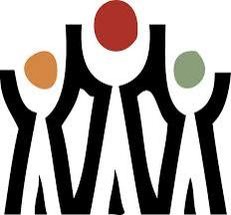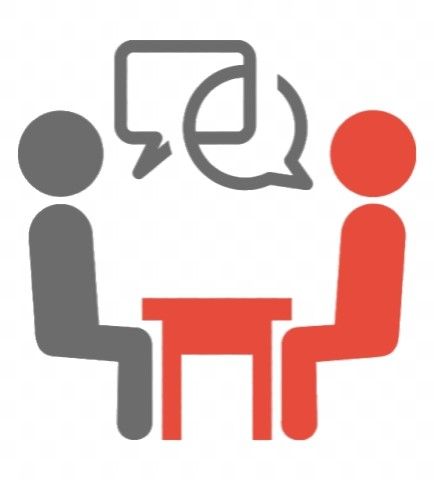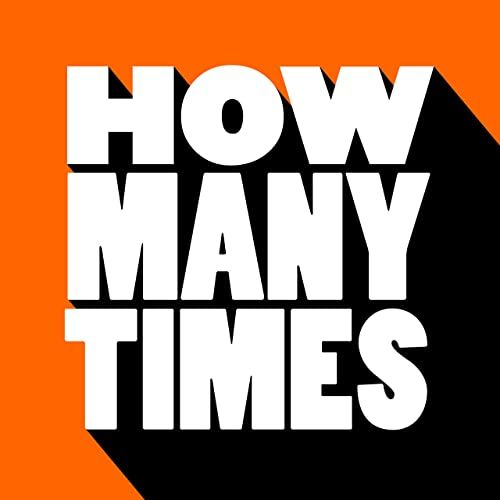I am a mediator who is open-minded, ambitious and person-focused. I adopt an integrated approach to family mediation and am trained as an integrated family mediator; this means I can combine many different approaches to help you resolve your disputes most effectively. Together we’ll design a unique process that works for you both, and for any children of your family, to produce sustainable and comprehensive outcomes. Integrated mediation skills and strategies enable me to be flexible with the work I do with you all; everyone's issues and conflicts are unique, so my focus is always on you and the circumstances you bring.
We will also explore how I can work with other
colleagues or professionals, Integrating
others into the mediation process. A good example of
this is 'lawyer-assisted mediation' (sometimes called 'hybrid mediation') where
your lawyers may be invited to join one or more sessions of mediation to give
their support, guidance and advice.
1. The process starts when we receive a call from you or the other person, or a referral from a solicitor acting on behalf of either of you, or a court.
2. We will then arrange for you to attend a mediation information and assessment meeting [a MIAM] appointment. At the MIAM we explore together whether mediation as a process can help you to resolve issues and is suitable in your circumstances. We can also assess whether you are eligible for Legal Aid.
3. We then arrange for the other person to attend their mediation information and assessment meeting. Each MIAM is your private time with the mediator and is not shared with the other person.
4. If you and the other person are willing to proceed in mediation and we agree mediation can help you resolve matters, we set up your first mediation meeting.
Mediation meetings are FACE TO FACE and ONLINE via video conferencing using ZOOM.
The meeting can be joint [where you are sat in the same room with the mediator] or in shuttle [where you sit in two separate rooms and mediator goes between the two of you].
ALL mediation meetings are presently ONLINE joint or shuttle meetings using ZOOM video conferencing - in accordance with current Government guidance regarding Coronavirus.
Reaching agreement
If you reach agreement in mediation on CHILDREN MATTERS we can draft a Parenting Plan summarising your arrangements. This is not a legally binding document and you would need to obtain legal advice on what elements of how to obtain a child arrangements order based on your agreements.
If you reach agreement on a financial settlement in mediation we prepare two documents;
- a Memorandum of Understanding [MOU] setting out your agreements and considerations
- an Open Financial Statement [OFS] which is an open document detailing the facts and figures of your assets and liabilities
If you or the other person decides not to proceed in the mediation process then we sign the C100 form for children arrangements or Form A for financial remedy which are the court forms you would need to issue court proceedings. Likewise if you proceed in mediation and for whatever reason mediation breaks down, we sign the C100 form for children arrangements or Form A for financial remedy and you issue court proceedings.









